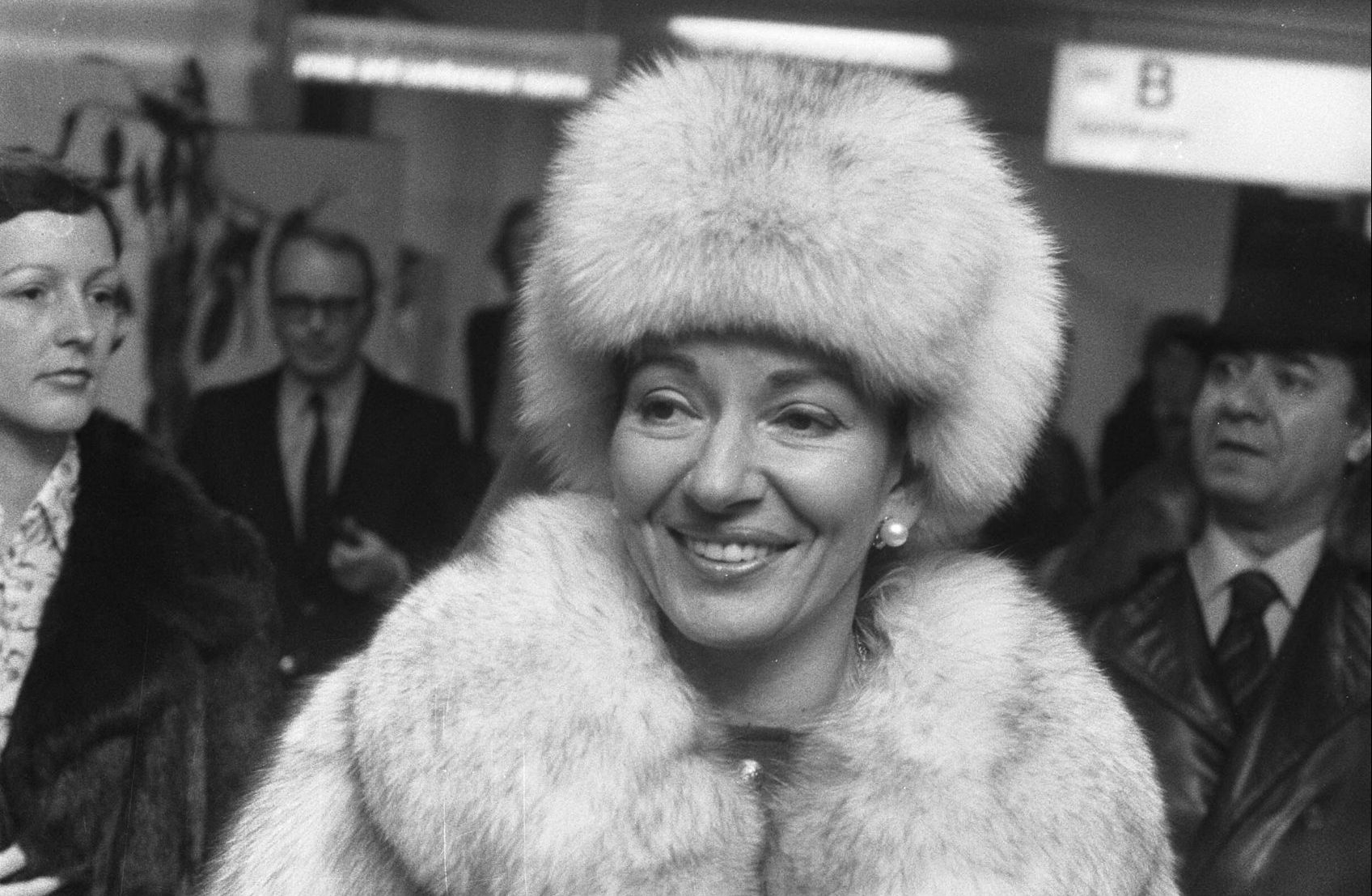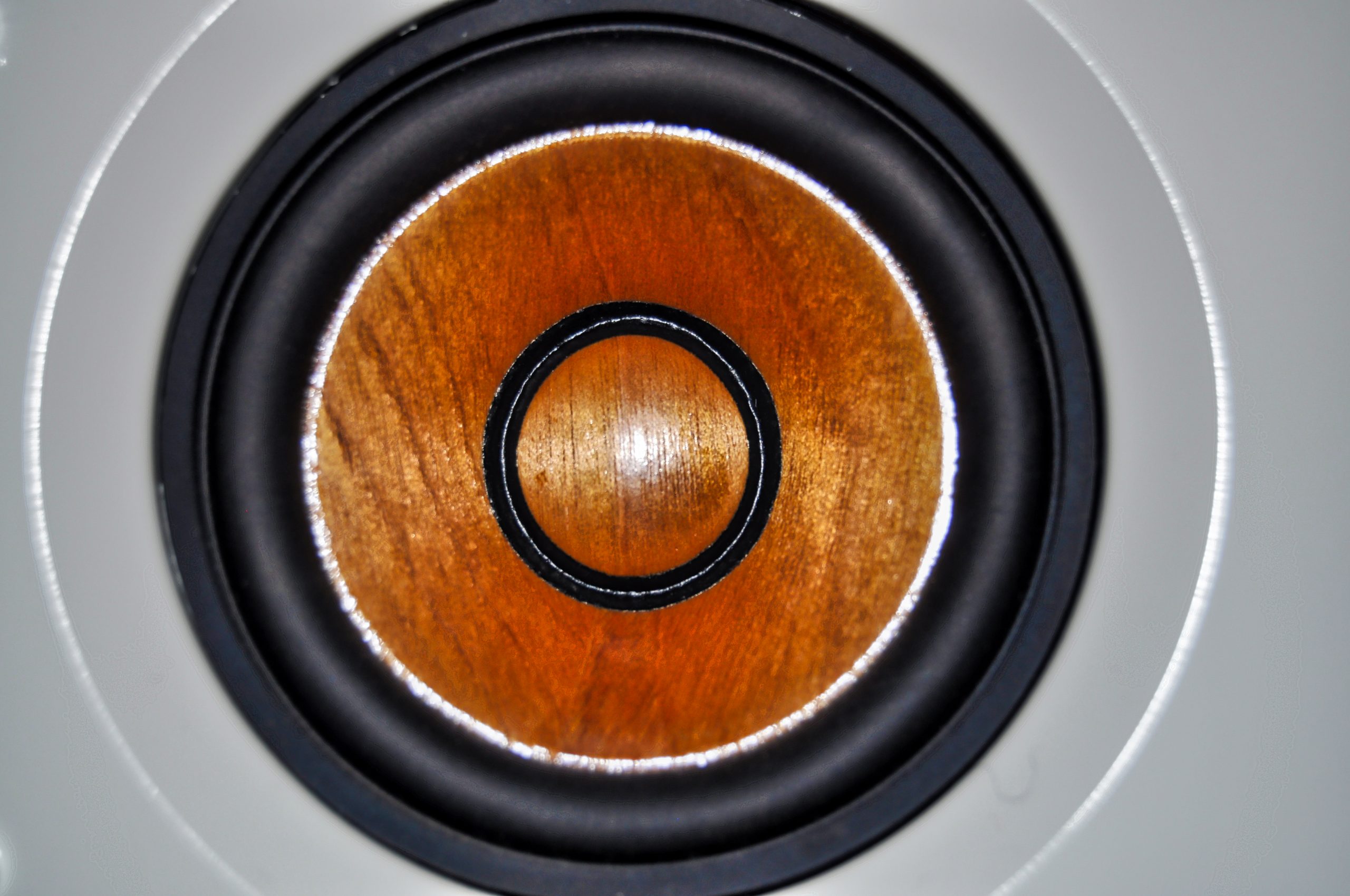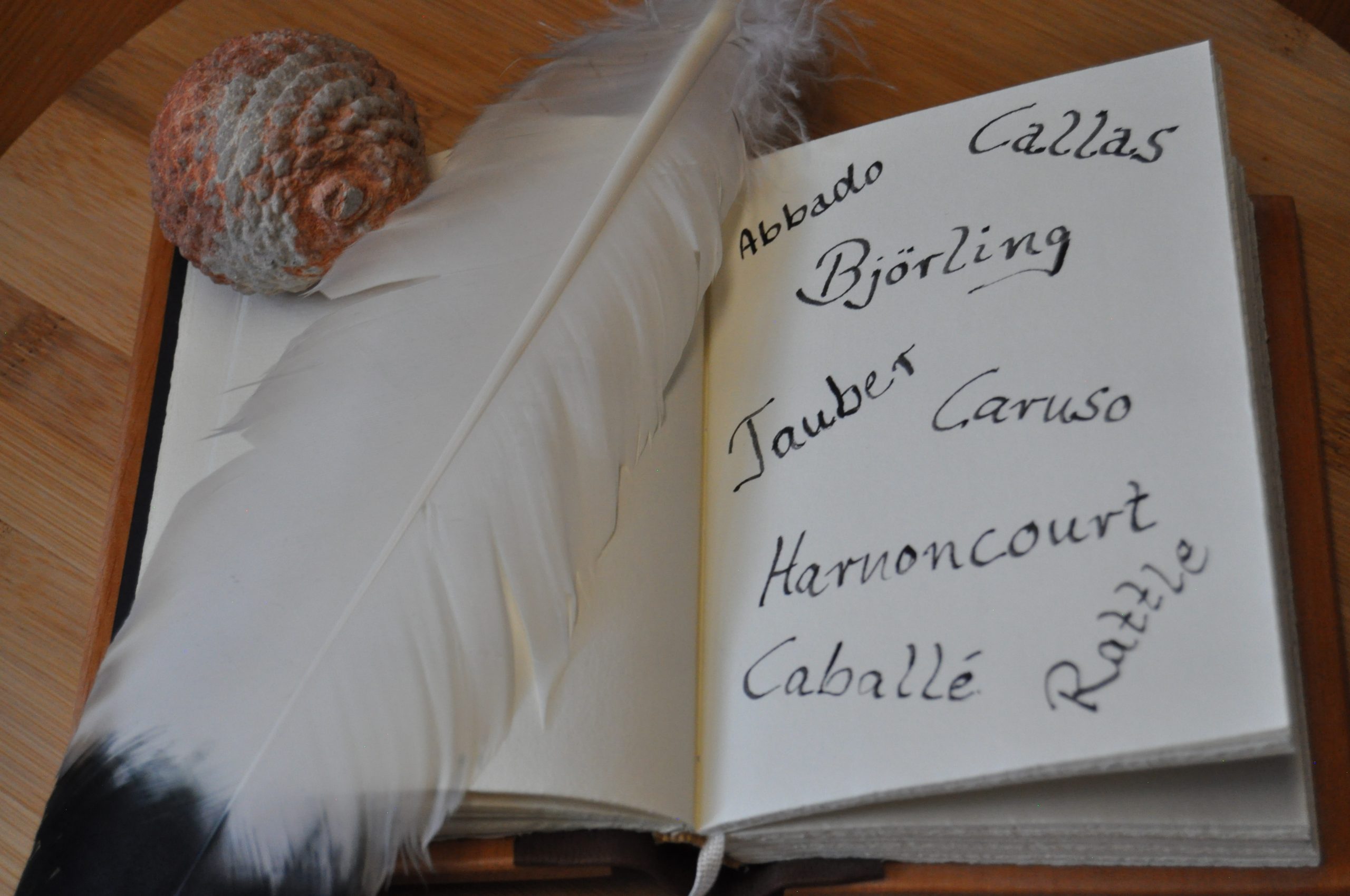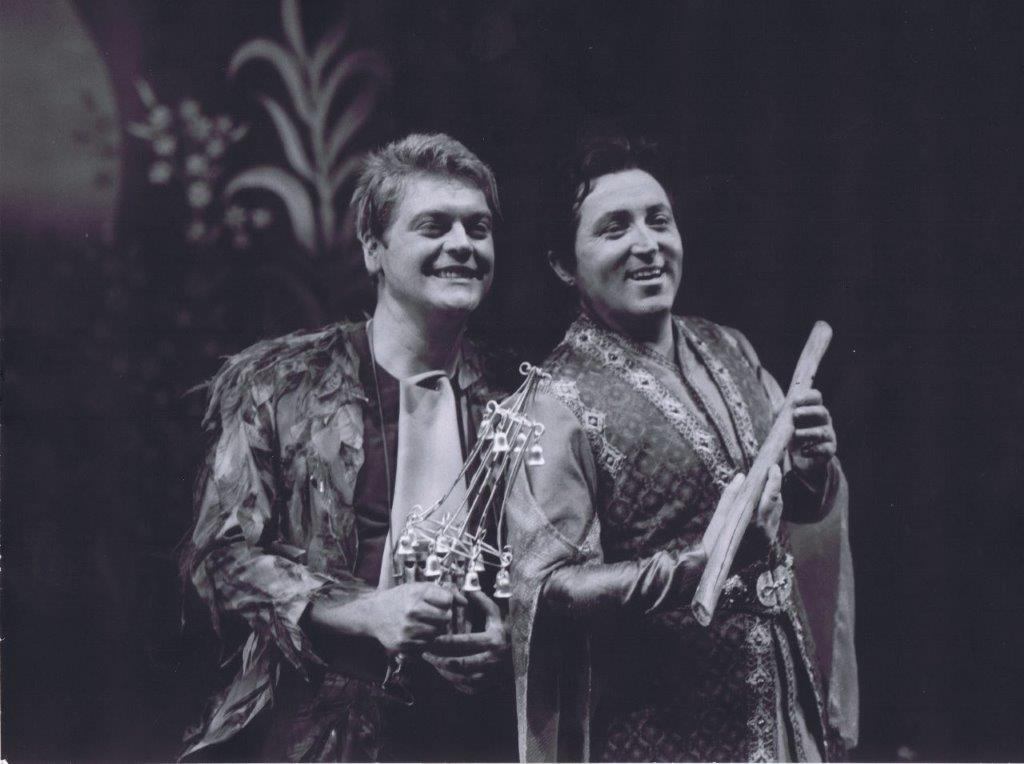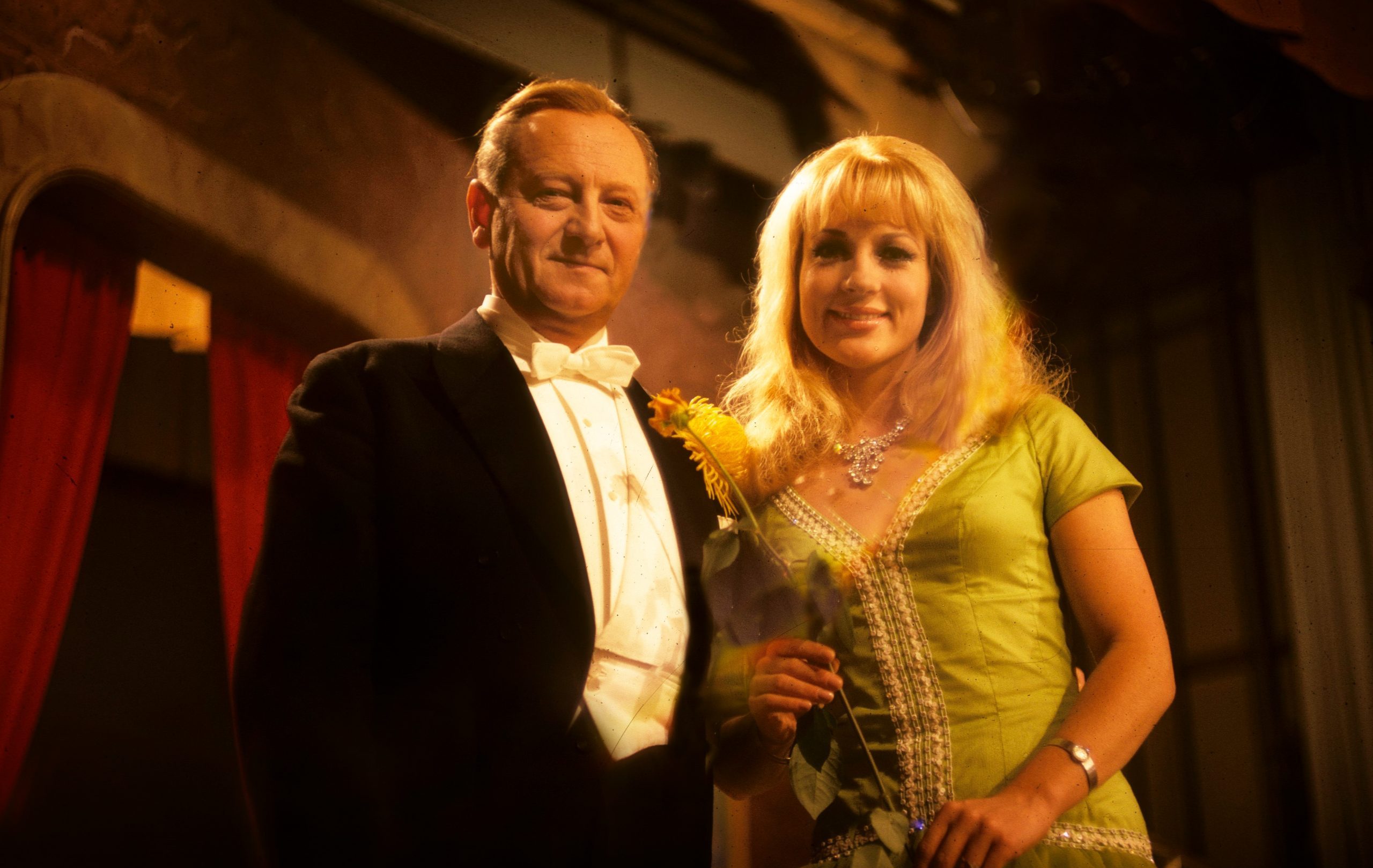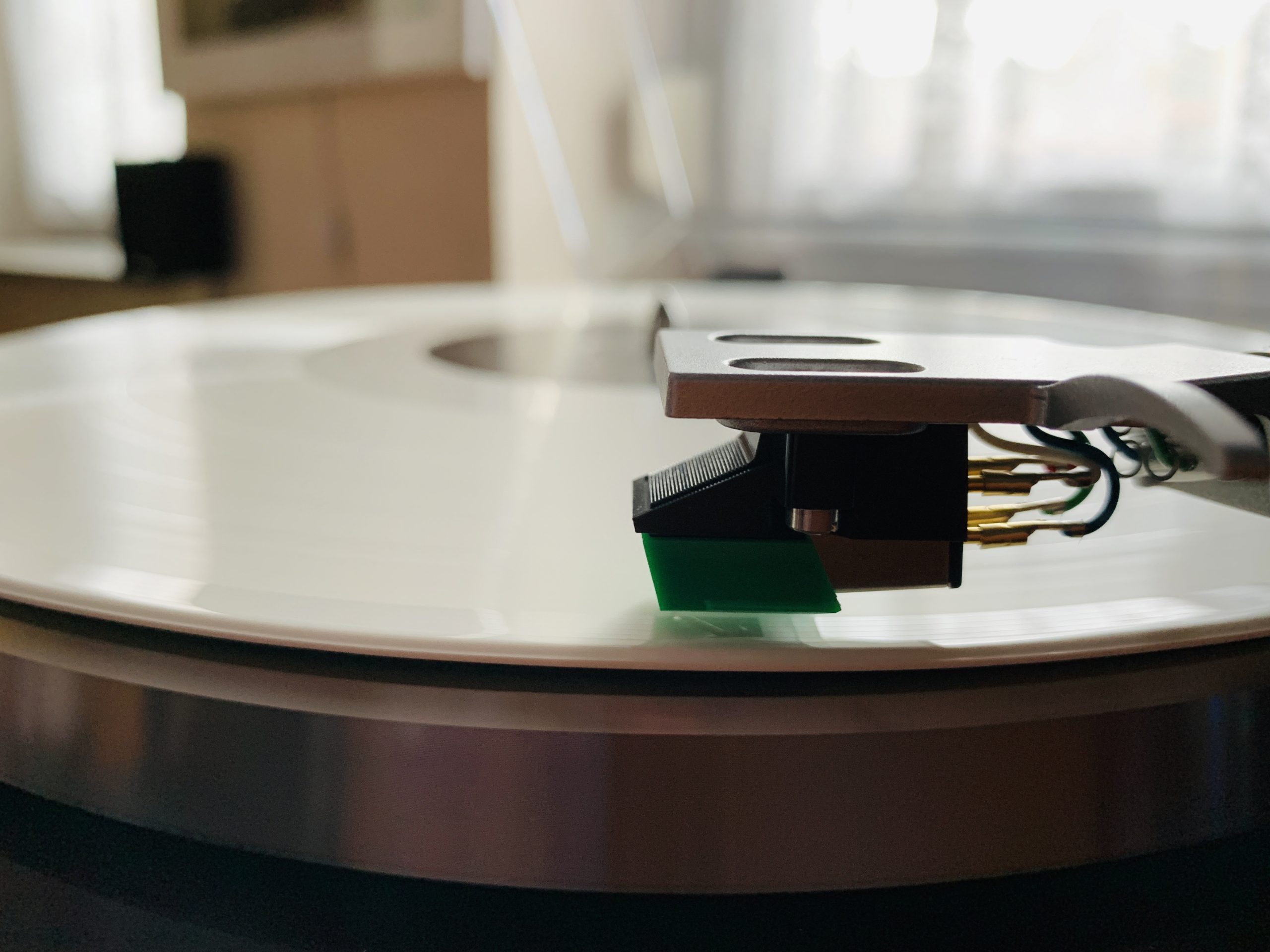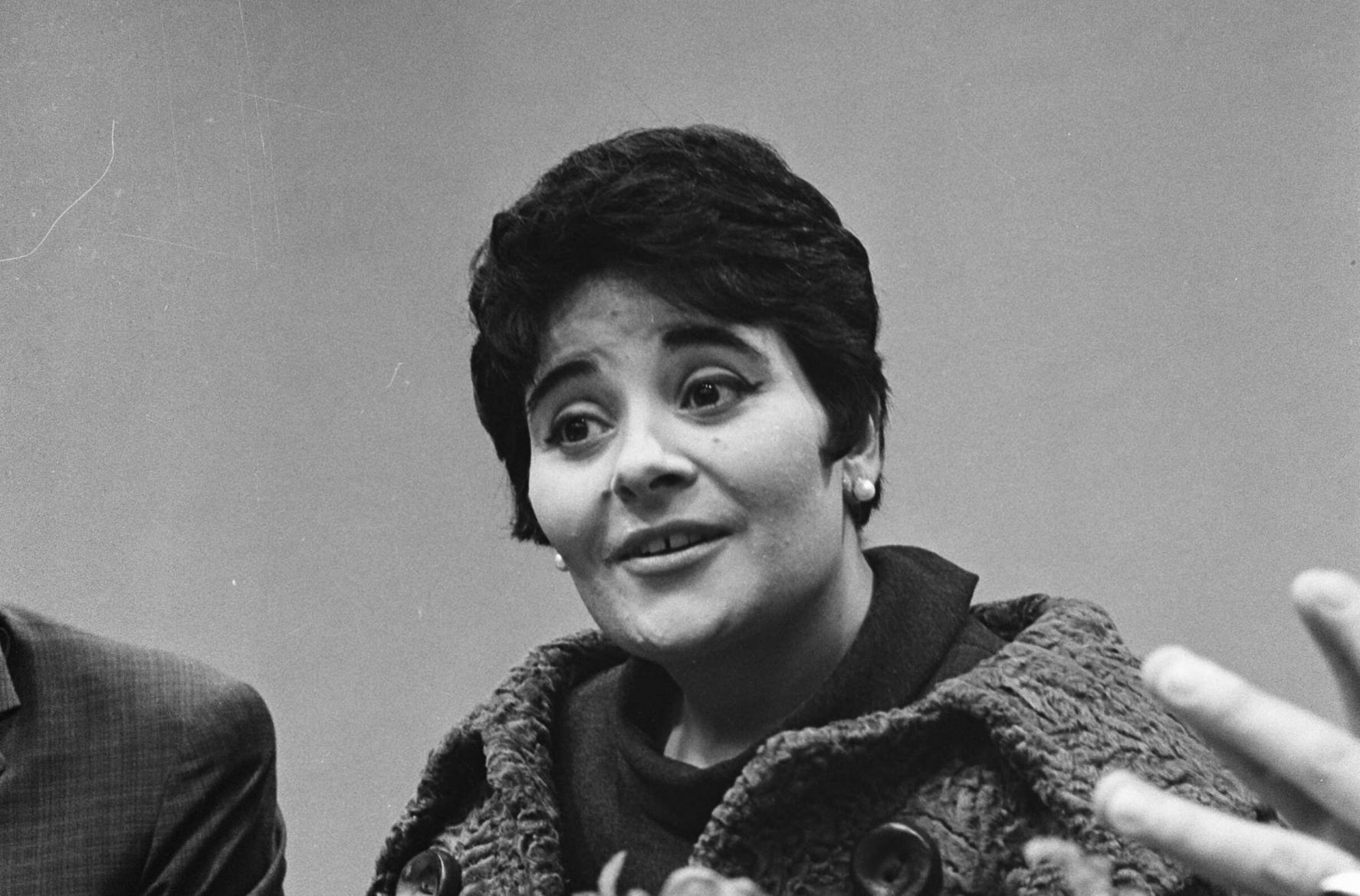In 2023, the one and only Maria Callas would have turned one hundred: To this day, musicologists, opera critics and fans alike struggle to classify her musical legacy and put the impact of her voice into words.
Was she the one who managed to bring the genre of opera into the modern world?
If Maria Callas had not existed, would the genre of opera even exist in its present form?
If Maria Callas had not existed, would another opera singer have been given the special honour of bringing new life to opera?
There are so many questions to which it is difficult to find answers. To make matters worse, there are countless myths and fabrications about Maria Callas that have made it into recognised biographical works.
Only one thing is certain: there are countless operas that would have disappeared from the repertoire worldwide if Callas had not given the respective operas new splendour through her interpretations of Bellini’s Norma or Cherubini’s Medea, to name but a few.
Maria Callas was a diva in the sense of the respective composer.
The composer comes first
Was society in the fifties and sixties, in those decades when Callas celebrated her greatest successes, even able to appreciate the unique art of the prima donna?
Perhaps not.
Arnold Jacobshagen, in his 2023 biography of Callas, even suggests that “her art [seems] to fit better into our present than into the economic miracle world of the fifties.” (Jacobshagen 2023, p. 9. Original quote: „Tatsächlich scheint ihre Kunst besser in unsere Gegenwart zu passen als in die Wirtschaftswunderwelt der fünfziger Jahre.”)
Although Callas is admired by many people today as she was then: The prima donna of the 20th century was in many ways a child of her time. Only under the circumstances of the time was it possible for a prima donna like Maria Callas to find her way onto the opera stage. One thing Callas knew: one is not born a prima donna, nor does one become a prima donna overnight. Behind Callas’ successful career was one thing above all: artistic work at the highest level. For most of her professional life, Maria Callas was not busy being a prima donna or a diva – she was busy being the exact form of diva that, for example, Bellini had devised in his opera Norma: for Callas, the composer and his work came first. Every single passage of the score had to be followed to the letter – deviations from it or own interpretations were completely out of place in Callas’ eyes. Maria Callas was a diva in the sense of the respective composer.
Elvira de Hidalgo
The fact that Maria Callas was given the opportunity to live out her artistic talent is first and foremost thanks to her mother: although Maria Callas herself later by no means glorified her family origins, it was her mother who recognised potential in her daughter at an early age. This may not least have had something to do with her mother’s sense of status: Maria Callas’ family did not come from extremely wealthy backgrounds, but her origins – contrary to numerous persistent assertions – were by no means “without means”. Part of the status consciousness of the time was, in particular, to recognise the musical talent of the next generation and to have it trained – and this was precisely what Maria Callas’ mother initiated. In her native Greece, the young Maria Callas threw herself into her musical studies like no other student: when she wasn’t taking lessons herself, she watched other students take lessons and soaked up everything there was to learn at the conservatoire.
One singing teacher had a very special influence on the young Maria Callas: Elvira de Hidalgo, who had once been a world-famous coloratura soprano herself. With Elvira de Hidalgo, Maria Callas learned to master the technique of bel canto perfectly – moreover, de Hidalgo worked as an advisor to the Athens National Opera, which made it possible for her to offer her young pupil prospects for her career as an opera singer. At the age of less than twenty, Maria Callas had already appeared on stage eighteen times as Tosca – no young Greek opera singer could boast such an achievement at the time…
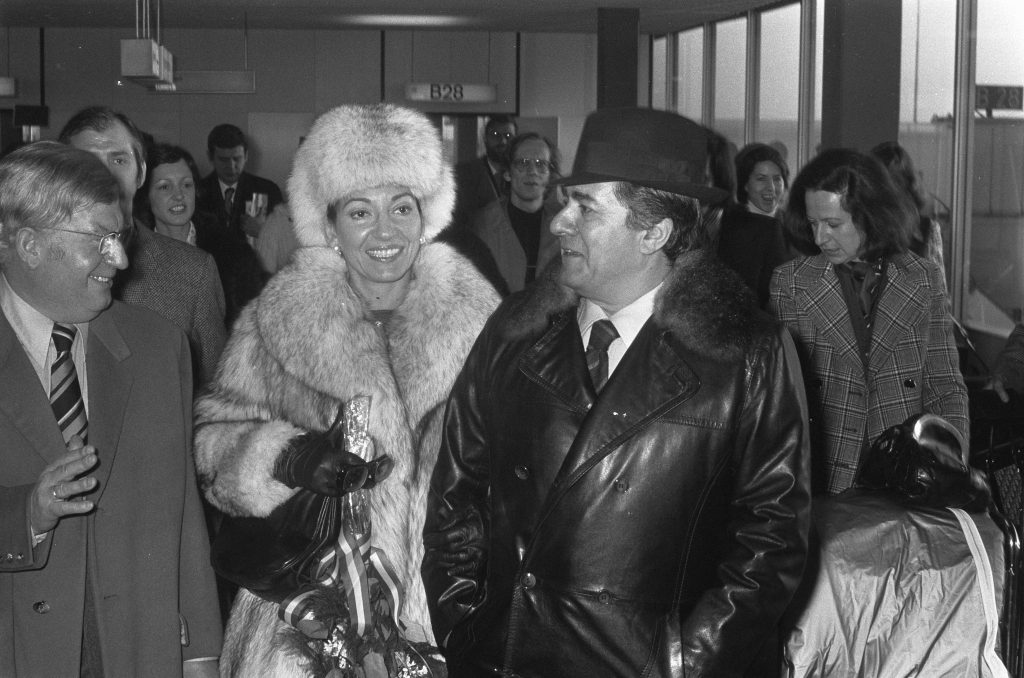
Picture credit: Fotograaf Onbekend / Anefo, Nationaal Archief, CC0
A Greece without opera culture
To this day, Maria Callas’ professional career is said to have begun with her debut at the Arena di Verona in the summer of 1947: In reality, however, Callas had already enjoyed great fame as an opera singer in her native Greece many years earlier. The beginning of Maria Callas’ career cannot be judged by today’s standards: At that time, it was common for opera singers to appear on stage at an extremely young age. In his biography of Callas, Arnold Jacobshagen cites the example of the opera soprano Maria Malibran (1808 – 1836), who was already on stage at the King’s Theatre in London at the age of 15. Malibran is said to have been one of Callas’ great idols. In addition to her mother’s musical encouragement, there was another decisive factor in the young Maria Kalogeropoulou’s career…
The young opera singer’s artistic rise coincided with the time of the German occupation of Greece: at that time, a professional opera culture was being established in Greece for the first time.
Her career began in Greece, not Italy
“To be honest: Athens opera really only worked once – under the German occupation forces,” (Jacobshagen 2023, p. 53) Maria Callas was later to say in retrospect.
At the end of the 1930s, there was no opera culture in Greece; it was not until the beginning of the 1940s that people in Greece began to take an interest in the genre of opera. This may have had something to do with the orders of the German military commander Wilhelm Speidel, who had an ardent passion for music.
The National Opera in Athens was mainly dependent on “opera imports” from the occupying forces – thus the new National Opera in Athens opened on 5 March 1940 with a production of Die Fledermaus (Johann Strauss). To understand the life and career of Maria Callas, it is important to know that her career did not begin in Italy – as is often assumed – but in Greece. When Callas went to Italy, she was already a national celebrity in Greece – decisively promoted by the German occupation forces.
The efforts to promote Callas’ success bore fruit.
The Discovery of Maria Callas
The German journalist and opera critic Friedrich W. Herzog worked in occupied Greece for the German News in Greece and often wrote extremely positive words in the press about the talent of the young Maria Kalogeropoulou, as she still called herself at the time: “What other singers have to learn, she possesses by nature,” was one of his sentences about Maria Callas (Jacobshagen 2023, p. 49, quotation is from Koussouris 2002, p. 65).
According to Herzog, Maria Callas was said to have had hardly any support from her own compatriots – when the Second World War was over, the journalist revealed the secret surrounding the exact circumstances of Maria Callas’ discovery: “Since Maria had hardly any support to expect from her compatriots – she was always treated as an interloper (…) – German authorities, especially the PK members [members of the propaganda company of the Wehrmacht], repeatedly lobbied for Maria Kalogeropoulou. The success of such efforts was not lacking.” (Jacobshagen 2023, p. 50, quotation is from a text by Herzog 1959, p. 11)
Herzog published these words at the end of the fifties: Callas was by now a world-famous phenomenon. The music critic was right in his statement: those efforts to promote Callas’ success bore fruit. But they did not only bear fruit for Maria Callas herself: Without the figure of Maria Callas, the opera genre would hardly enjoy the importance it does today. It is doubtful that without the groundbreaking and standard-setting performances of Callas, anyone – except perhaps musicologists – would even remember some of the great operas of the bel canto style. Maria Callas brought opera into the modern age.
For original quotes please visit the German version of this article.
Main source: Jacobshagen, Arnold: Maria Callas. Kunst und Mythos [Art and Myth], 2023 Philipp Reclam jun.
Cover picture: Maria Callas 1973 at Amsterdam Schiphol Airport
Picture credit: Fotograaf Onbekend / Anefo, Nationaal Archief, CC0

 Deutsch
Deutsch